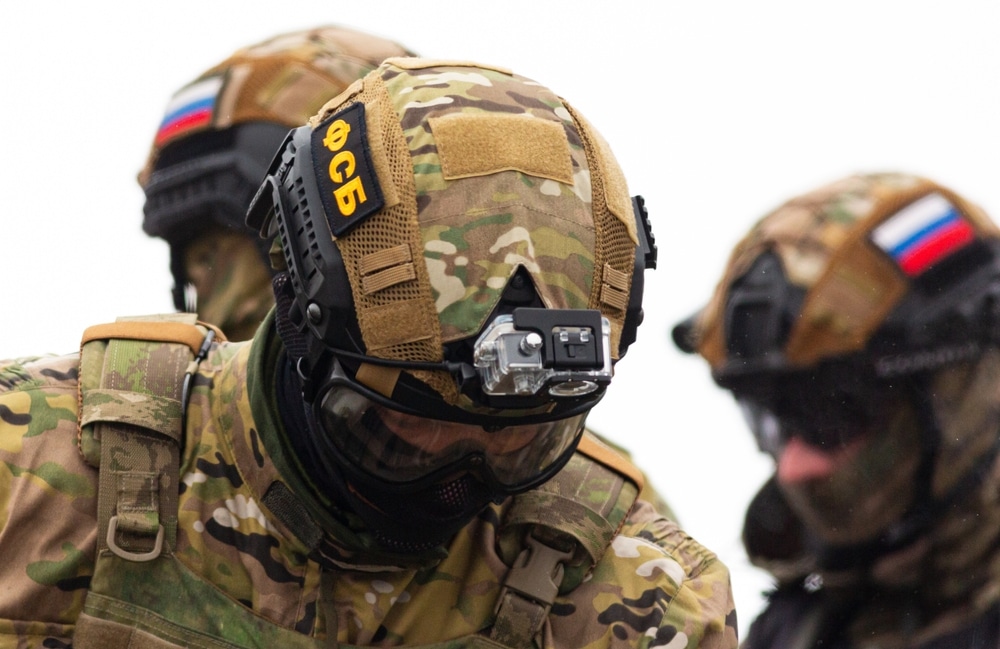Russian President Vladimir Putin has mandated an intensive manhunt by the Federal Security Service (FSB) to locate and “punish” Russian nationals who have sided with Ukraine against Russia’s military actions. In a statement made during an FSB board meeting, Putin stressed the importance of identifying these individuals by name, asserting that they would face retribution indefinitely, regardless of their location. This directive underscores a broader campaign against what Putin perceives as betrayal by Russians participating in Ukrainian military efforts or supporting Ukraine’s resistance.
The context for Putin’s orders includes recent activities by Russian militia groups, namely the Russian Volunteer Corps, the Freedom of Russia Legion, and the Siberian Battalion. These groups have launched diversionary operations and artillery strikes within Russia’s Belgorod and Kursk regions, which border Ukraine. These actions have reportedly inflicted significant casualties and have led to calls for civilian evacuations. Moscow has accused the Ukrainian government of orchestrating these raids, a charge Kyiv denies, although it acknowledges cooperation with anti-Kremlin forces within Ukraine.
In response to these challenges, Putin has proposed measures to fortify Russia’s border security, including the potential creation of a buffer zone to thwart incursions and the development of mobile combat units within the FSB. These steps are part of a larger strategy to safeguard Russian territory from what the Kremlin describes as serious enemy losses inflicted by Ukrainian and pro-Ukraine forces.
Additionally, Putin has called on the FSB to aid Russian companies in circumventing Western sanctions and to secure the nation’s financial and banking systems. These economic directives come amidst claims of Russia’s resilience and growth despite international sanctions imposed following the invasion of Ukraine. The Russian leader’s comparison of current fighters with historical figures from World War II who fought alongside Nazi Germany further exemplifies his stance on Russians joining Ukrainian forces, indicating a deep-seated intention to combat what he views as a significant internal threat.
Expanded Coverage:






